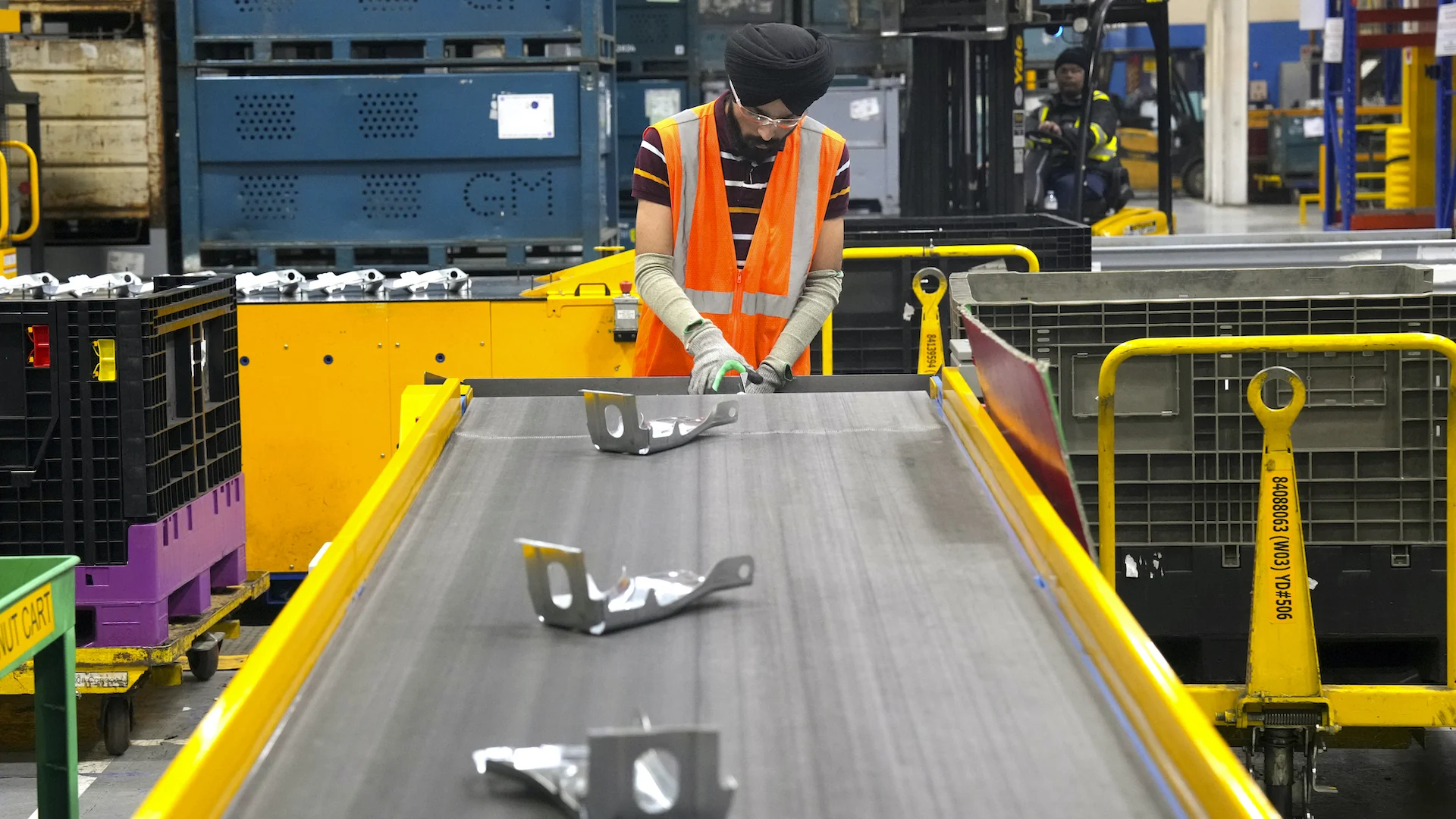Every manager is having a midlife crisis
The writer is an affiliate professor of organisational behaviour at Insead
Till the begin of this year, the foreseeable future of work was the main concentrate of the academics, consultants and executives whose company it is to make worthwhile predictions. The century of management appeared earlier. Some lamented the absence of new management theories. Other people noticed that the bureaucracies of the twentieth century, whose existence depended on managers, have been giving way to tech platforms that had tiny use for them. Algorithms have been far better at coordinating those platforms’ loosely affiliated and commonly dispersed personnel. The robots have been gradually coming for managers’ offices. Only tech-savvy leaders would survive.
Then the virus came, and all that foreseeable future appeared to get there at once. The pandemic turned out to be a boon for that new breed of tech leaders and their platforms, turning them from disrupters to protectors of our performing lives overnight. Zoom, Skype, Slack and their likes have been there to bolster the productiveness of men and women who can work from property, the extremely expertise personnel whose jobs tech was meant to threaten up coming.
The new typical does not just appear like the previous foreseeable future of work. It appears to be like a ton like its distant earlier. The electronic revolution — a entire world of work without having workplaces and management without having managers — owes a great deal to a principle dreamt up by Frederick Taylor, regarded by several to be the 1st management expert, in the early twentieth century. Placing forward his rules of “scientific management”, Taylor cast managers in his personal graphic, as dispassionate engineers whose responsibility was to use challenging details to make improvements to performance and minimise human glitches.
Taylor’s vision sparked the exact same form of opposition that today’s techno-utopian disrupters experience from management pundits. In his scenario it came from Elton Mayo, a Harvard Company College professor whose work delivered the inspiration for the “human relations” motion. Experimenting with disorders at a Western Electric plant exterior Chicago, Mayo and his colleagues noticed that personnel have been most productive when they have been given plenty of rest and notice, and have been inspired to cultivate informal interactions.
The distillation of the scholars’ tussle turned a mantra that survives to this working day: managers will have to be ruthless, nicely. Company university curricula and several company types continue to have that vital at their core.
There have generally been those who argue that management must be a extra human, artistic, and political occupation. That it must foster wellbeing, civility, equality, and democracy at work. But these issues have earned, at very best, secondary roles in the background of management. The pursuit of performance remained its protagonist.
This mechanical watch has drained several organisations of the humanity they necessary when factors get tough — and it set management up for disruption. It was only a make any difference of time until finally real devices could provide the comforting surveillance that managers did.
No wonder that the pandemic appears to be to have plunged management into a midlife disaster, the type of existential strain that several of us knowledge when a unexpected illness reveals our vulnerabilities. The split in our routines, and abruptly salient mortality, force us to talk to queries that we can quickly ignore in the day-to-day grind of work. What is the intent of what I do? Whose lifestyle is it that I am actually residing? What will have to I let go? What can I no more time postpone?
If they are not squandered amid blame and denial, those crises can change our way of lifestyle. So when the existential disaster of management was under way prior to the coronavirus arrived, it has now come to be unattainable to ignore. The pandemic has exposed the boundaries of managers with a singular problem for productiveness. But it has renewed appreciation for those who demonstrate equivalent problem for people’s wellbeing.
Ever since the disaster strike, several of us have been moved by managers’ gestures of care huge and modest, be they endeavours to stay clear of lay-offs and preserve personnel risk-free, or reassurances that general performance assessments would just take into account individuals’ conditions. Those people concrete gestures have been considerably extra convincing and inspiring than statements about caring for intent as a great deal as earnings.
Building a motion on those sentiments could let us humanise management, at very last. We could simply call it “Human Relations 2.0”, whilst the title doesn’t make any difference. As prolonged as it can help management experienced into an business that counters digitally enhanced isolation and polarisation and frees men and women up to live and work in pluralistic establishments.
Then this existential disaster might deliver to lifestyle a new foreseeable future of work. 1 in which rumours of the demise of management will switch out to have been considerably exaggerated.
Twitter @gpetriglieri







